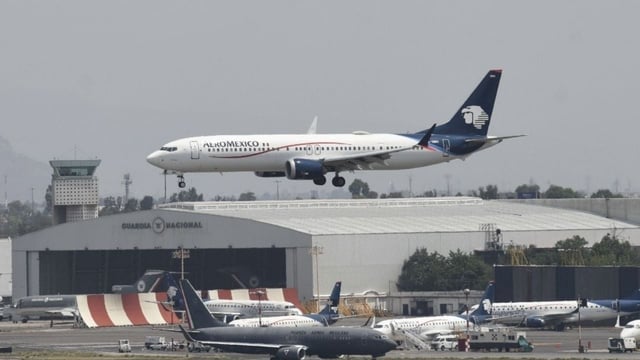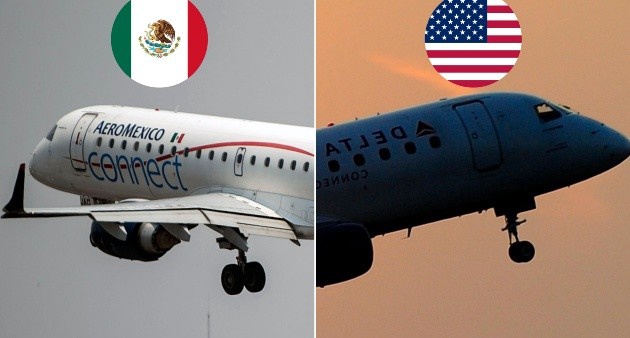Overview
- The U.S. Department of Transportation issued a final order that ends the alliance’s antitrust immunity on January 1, 2026, requiring the carriers to stop coordinated pricing and scheduling while limited codeshares continue through year end.
- Regulators point to Mexico City airport slot cuts and the relocation of cargo flights to AIFA as actions that distorted competition under the bilateral framework.
- Industry specialists forecast reduced frequencies and lost connectivity on U.S.–Mexico routes, with expectations that ticket prices will rise as networks are unwound.
- One aviation analyst estimates about 1.8 million round‑trip seats across 23 nonstop routes and 831 one‑stop markets could be affected, with up to $800 million in higher fare costs.
- President Claudia Sheinbaum criticized the U.S. decision as driven by “other interests,” while an analyst said DOT left open reconsideration if Mexico agrees to an open‑skies‑style bilateral.


